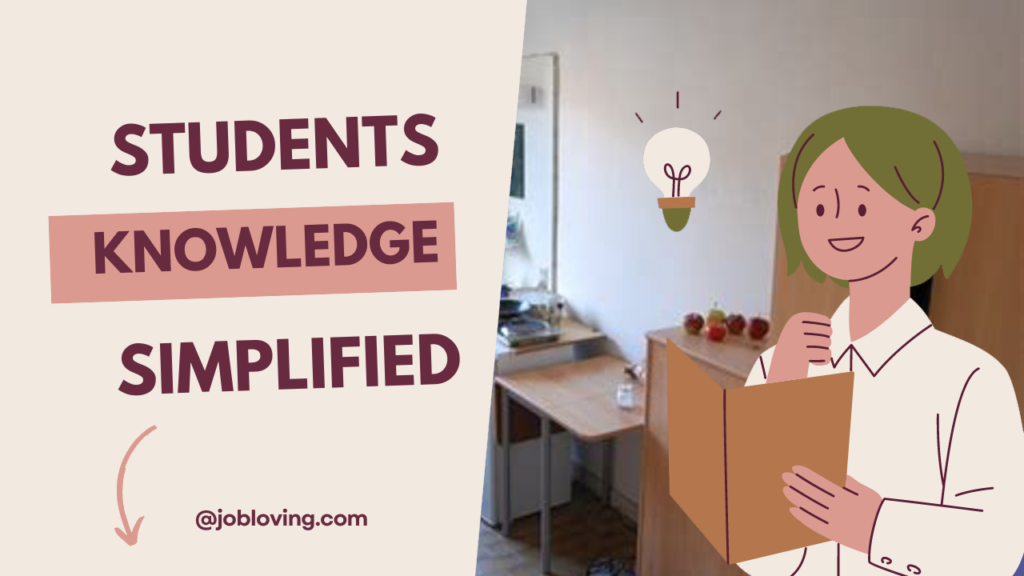Unlocking Academic Success: Insights from Ghent University’s Sleep Study
Have you ever pulled an all-nighter before an exam, only to find yourself slumped over your desk, struggling to recall what you studied? You’re not alone. In a world where cramming is often lauded as a badge of honor, a recent study from Ghent University sheds light on a truth that many tend to overlook: sleep is not just a luxury; it’s a vital component of success, particularly for students striving to excel in their academic pursuits.
The Astounding Connection Between Sleep and Academic Performance
The study, led by Dr. Stijn Baert and his team, highlights a striking correlation: students who generally enjoyed a good night’s sleep performed better on their exams. Let’s break down the key takeaways:
- Students averaging seven hours of sleep scored 1.7 points higher on their exams compared to those who clocked in just six hours.
- Alarmingly, 30% of the surveyed students were labeled as ‘bad sleepers’ according to the Pittsburgh Sleep Quality Index.
- This percentage is even more concerning for female students, with 35% classified as ‘bad sleepers’ compared to 26% for their male counterparts.
- The research concluded that increased sleep duration not only enhances academic performance but emphasizes the quantity of sleep over its quality.
- Students with a substantial increase in their PSQI score—indicating poorer sleep quality—saw a nearly one-point decrease in their average exam scores.
The Crux of Sleep Duration and Quality
While the findings are compelling, Dr. Baert pointed out that the optimal sleep duration can vary from student to student. However, the general consensus advocates for around seven hours of rest as a sweet spot for maximizing academic performance and overall cognitive function.
What’s truly fascinating is the role that sleep plays in Cognitive Functions. As sleep progresses into different cycles, the brain works overtime, integrating new knowledge into memory, especially during the all-important REM sleep, which predominantly occurs in the latter part of the sleep cycle. This phase is essential for memory consolidation, and a lack of it can have detrimental effects on students’ ability to retain and recall information during critical examination periods.
Hollywood Style? Not Quite—Sleep Is a Star Player
In the study, researchers accounted for various factors that could influence academic performance, including health and socio-economic background, reinforcing the notion that sleep stands alone as a significant factor in educational success. As college students frequently juggle a myriad of responsibilities, it becomes increasingly evident that good sleep habits should take precedence, particularly during stressful exam periods.
- Sleep deprivation can hinder students’ ability to absorb vital information, negatively affecting their overall performance.
- Increased awareness of sleep’s crucial role in learning can empower students to adopt better sleep strategies.
- Implementing a consistent sleep schedule may bolster both sleep quality and academic results.
The Ripple Effect of Sleep on Mental Well-being
As if the academic ramifications alone weren’t enough, the Ghent University study further emphasizes sleep’s far-reaching influence on mental health. Insufficient sleep is closely aligned with rising levels of stress and emotional instability, with data showing that chronic sleep deprivation can escalate the risk of long-term mental health issues.
- Participants documented improved focus and productivity after a week of employing sleep restoration practices, which goes to show how foundational adequate rest is for mental agility.
- Poor sleep quality was also linked to mood disorders and depression among participants, underscoring its necessity in maintaining a stable emotional state.
- The participants who approached their nighttime routines with mindfulness techniques reported significant enhancements in their sleep quality, hinting at a path toward better mental wellness.
Beyond College: The Lifelong Benefits of Quality Sleep
Interestingly, the implications of this study reach far beyond the academic ecosystem, presenting a solid case for sleep education as a cornerstone for community health and preventive strategies. The relationship between sleep duration and various health outcomes becomes clearer, with findings indicating that inadequate sleep can predispose individuals to chronic health conditions such as hypertension, diabetes, and even cardiovascular diseases later in life.
Ultimately, this blend of research provides a comprehensive map of the terrain connecting sleep, mental well-being, and physical health. It suggests a need for institutions, especially universities, to incorporate sleep education into their student wellness programs.
Actionable Strategies for Students
With ample insights from the study, it becomes pivotal for students to adopt sleep hygiene practices. Here are some on-the-ground, actionable tips:
- Consider Napping: Short naps can help alleviate some negative effects of sleep deprivation on cognitive performance.
- Create a Sleep-Friendly Environment: Ensure your space is dark, cool, and quiet to foster better sleep quality.
- Limit Screen Time: Devices emit blue light, which disrupts melatonin production and your sleep cycle. Cut back at least an hour before bed!
- Stay Routine-Conscious: Going to bed and waking up at the same time daily can significantly improve sleep quality.
- Mindfulness Techniques: Incorporating relaxation or meditation practices in your pre-sleep routine can pave the way for better sleep.
Bridging the Gap
If there’s a golden thread woven through the findings of the Ghent University study, it’s this: good sleep is a game-changer. It not only enhances cognitive performance but also safeguards mental well-being and overall health. Raising awareness about these phenomena could not only shift individual behaviors but also reform the broader educational dialogue surrounding academic success. Universities may want to champion a culture that values rest just as much as relentless studying, ultimately building a healthier, happier student population.
In conclusion, let’s toast to sleep—an unsung hero in the domain of education. Before you think about scrolling through your phone or binge-watching your favorite series late at night, take a moment to consider this one truth: a well-rested brain is a bright brain. As future scholars navigate through the highs and lows of academia, perhaps it’s time to reclaim the night for dreaming big!

